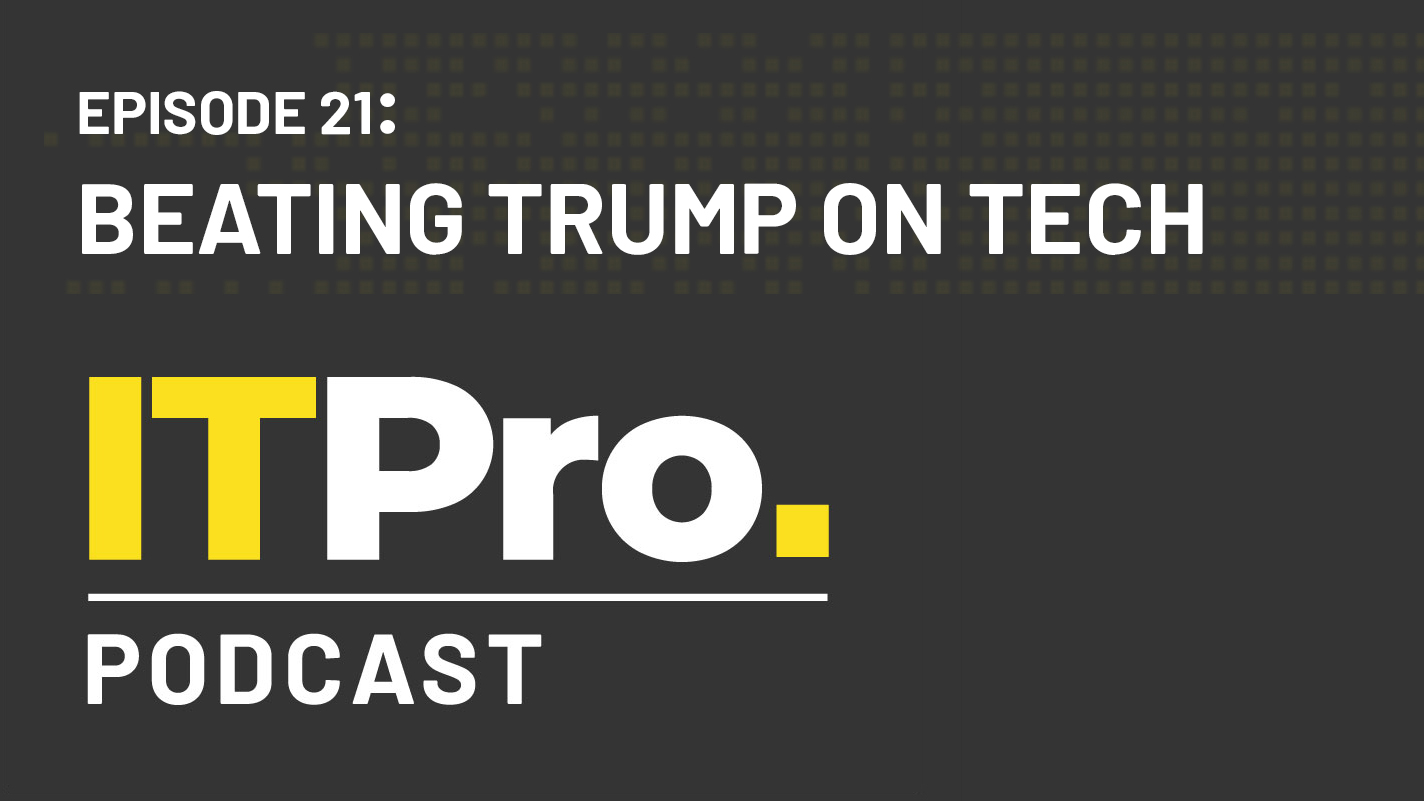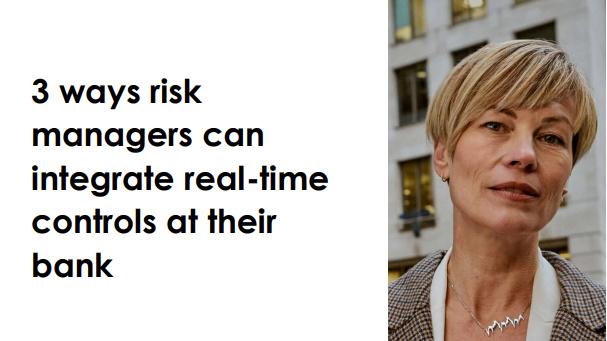The House of Lords will never bring tech giants to book
The multiple ways politicians have tried to regulate social media are uniformly daft


If there’s one thing that’s almost guaranteed to have me howling like a dog with its tail slammed in a car door, it’s politicians trying to get a handle on technology. The House of Lords Select Committee on Democracy and Digital Technologies is a panel formed predominantly of peers with little or no expertise in technology, chaired by Lord Puttnam – the film producer best known for Chariots of Fire. A great man, doubtless, but about as qualified to head up a digital technology committee as I am to direct the next Bond film.
Puttnam and co have spent the past two years “considering democracy and digital technologies” and have reached a set of conclusions that anyone faintly qualified could have told them at the outset. “The digital and social media landscape is dominated by two behemoths – Facebook and Google”. Well, hold the front page.
“They largely pass under the radar, operating outside the rules that govern electoral politics” – ah, you’ve noticed Mr Trump won the election, then? “Platforms like Facebook and Google seek to hide behind ‘black box’ algorithms which choose what content users are shown” – computers, innit?
However, if the committee’s conclusions win it the Basil Fawlty Lifetime Achievement Award for the Bleeding Obvious, then the recommendations are something to behold. Take the first one off the rack, for example, in which their Lordships recommend that “the relevant experts in the ASA, the Electoral Commission, Ofcom and the UK Statistics Authority should cooperate through a regulatory committee on political advertising”.
Wow. Talk about gathering the four paper tigers of the apocalypse. The ASA spends its entire, futile existence banning adverts that stopped running months ago, so slow is it to react to complaints. And long-term readers will know of my overwhelming scorn for Ofcom’s painful inability to regulate the broadband market, to the extent that we’re now almost rock bottom of the OECD league table for fibre-broadband adoption. The Electoral Commission, meanwhile, has achieved the rare feat of uniting both Leavers and Remainers in calls for it to be scrapped; at least the UK Statistics Authority could keep a detailed track of how ineffective the other three are. Asking these four to regulate something as fast-moving as social media is like asking Sir Bobby Charlton to man-mark Raheem Sterling.
Then there’s the recommendation that “the Government should establish an independent ombudsman for content moderation decisions to whom the public can appeal should they feel they have been let down by a platform’s decisions”. Got the hump that Facebook has removed a post about how irredeemably inept your local MP is? Then write to the independent ombudsman and wait nine months while yet another overworked, understaffed quango manages to get your complaint to the top of the in-tray, by which time the whole thing will have blown over.
RELATED RESOURCE

The IT Pro Podcast: Beating Trump on tech
With Bernie and Biden still slugging it out for the Democratic nomination, what impact will the US election have on tech?
The problem with appointing a panel of clueless peers to oversee new technology is that they will come up with 20th-century solutions to 21st-century problems. They’ve wasted two years on this nonsense and achieved nothing. I’m angry and you should be too – it’s your money they’ve wasted doing it
Get the ITPro daily newsletter
Sign up today and you will receive a free copy of our Future Focus 2025 report - the leading guidance on AI, cybersecurity and other IT challenges as per 700+ senior executives
Barry Collins is an experienced IT journalist who specialises in Windows, Mac, broadband and more. He's a former editor of PC Pro magazine, and has contributed to many national newspapers, magazines and websites in a career that has spanned over 20 years. You may have seen Barry as a tech pundit on television and radio, including BBC Newsnight, the Chris Evans Show and ITN News at Ten.
-
 AI is helping bad bots take over the internet
AI is helping bad bots take over the internetNews Automated bot traffic has surpassed human activity for the first time in a decade, according to Imperva
By Bobby Hellard
-
 Two years on from its Series B round, Hack the Box is targeting further growth
Two years on from its Series B round, Hack the Box is targeting further growthNews Hack the Box has grown significantly in the last two years, and it shows no signs of slowing down
By Ross Kelly
-
 Three ways risk managers can integrate real-time controls to futurize operations at the bank
Three ways risk managers can integrate real-time controls to futurize operations at the bankWhitepaper Defining success in your risk management and regulatory compliance
By ITPro
-
 Tech pioneers call for six-month pause of "out-of-control" AI development
Tech pioneers call for six-month pause of "out-of-control" AI developmentNews The call to action follows rising concerns over the potential risks of powerful new generative AI systems
By Ross Kelly
-
 Meta to pay $725 million in Cambridge Analytica lawsuit settlement
Meta to pay $725 million in Cambridge Analytica lawsuit settlementNews The settlement closes the long-running lawsuit into how Facebook's owner, Meta, handled the Cambridge Analytica scandal
By Ross Kelly
-
 Meta's earnings are 'cause for concern' and 2023 looks even bleaker
Meta's earnings are 'cause for concern' and 2023 looks even bleakerAnalysis Calls for investor faith in metaverse tech only emphasise the worries that its investment strategy won't pay off
By Rory Bathgate
-
 Microsoft and Meta announce integration deal between Teams and Workplace
Microsoft and Meta announce integration deal between Teams and WorkplaceNews Features from both business collaboration platforms will be available to users without having to switch apps
By Connor Jones
-
 Facebook is shutting down its controversial facial recognition system
Facebook is shutting down its controversial facial recognition systemNews The move will see more than a billion facial templates removed from Facebook's records amid a push for more private applications of the technology
By Connor Jones
-
 'Changing name to Meat': Industry reacts to Facebook's Meta rebrand
'Changing name to Meat': Industry reacts to Facebook's Meta rebrandNews The rebrand attempts to provide a clearer distinction between Facebook and its umbrella company
By Connor Jones
-
 Facebook's Oversight Board demands more transparency
Facebook's Oversight Board demands more transparencyNews Board bashed the social media giant for its preferential treatment of certain high-profile accounts
By Danny Bradbury